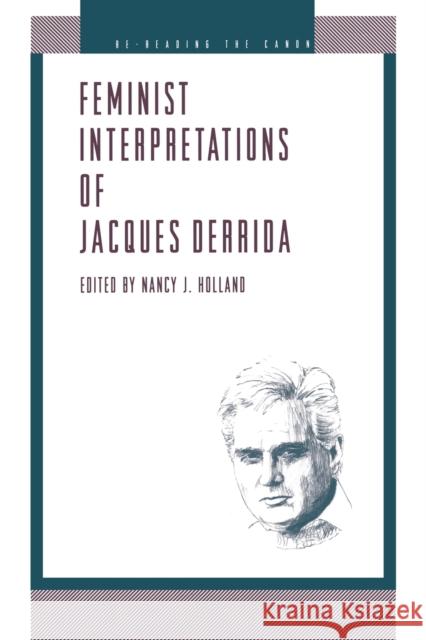Feminist Interpretations of Derrida » książka
Feminist Interpretations of Derrida
ISBN-13: 9780271016351 / Angielski / Miękka / 1997 / 262 str.
Much contemporary feminist theory continues to see itself as freeing women from patriarchal oppression so that they may realize their own inner truth. To be told by postmodern thinkers such as Jacques Derrida that the very possibility of such a truth must be submitted to the process of deconstruction thus seems to present a serious challenge to the feminist project. From a postmodern perspective, on the other hand, most feminist discourse remains deeply rooted, if not in essentialism, at least in the logocentrism of traditional philosophical and political thought. Stepping beyond the usual confines of this debate, the eleven thinkers whose ideas are represented in this volume take a deeper look at Derrida's work to consider its specific strengths and weaknesses as a model for feminist theory and practice.Despite this common focal point, this collection is extremely diverse. The problems addressed include the status of the female subject, civil disobedience, and the AIDS epidemic; the subjects include Husserl's theory of signs, jealousy in Shakespeare's Othello, and Irigaray's concept of the divine; disciplines include cultural studies, literature, philosophy, political theory, religion, and the law as represented by major scholars in each field; and the opinions expressed range from strong criticism of Derrida's work to careful explorations of the avenues it creates for rethinking sexual difference.Included are an analytic introduction by Nancy J. Holland; important new essays by Elizabeth Grosz, Peggy Kamuf, Peg Birmingham, Kate Mehuron, Ellen Armour, and Dorothea Olkowski; "Choreographies," Derrida's 1982 interview with Christie V. McDonald; Gayatri Chakravorty Spivak's "Displacement and the Discourse of Women," published in the same year; and recent articles by Drucilla Cornell and Nancy Fraser.











